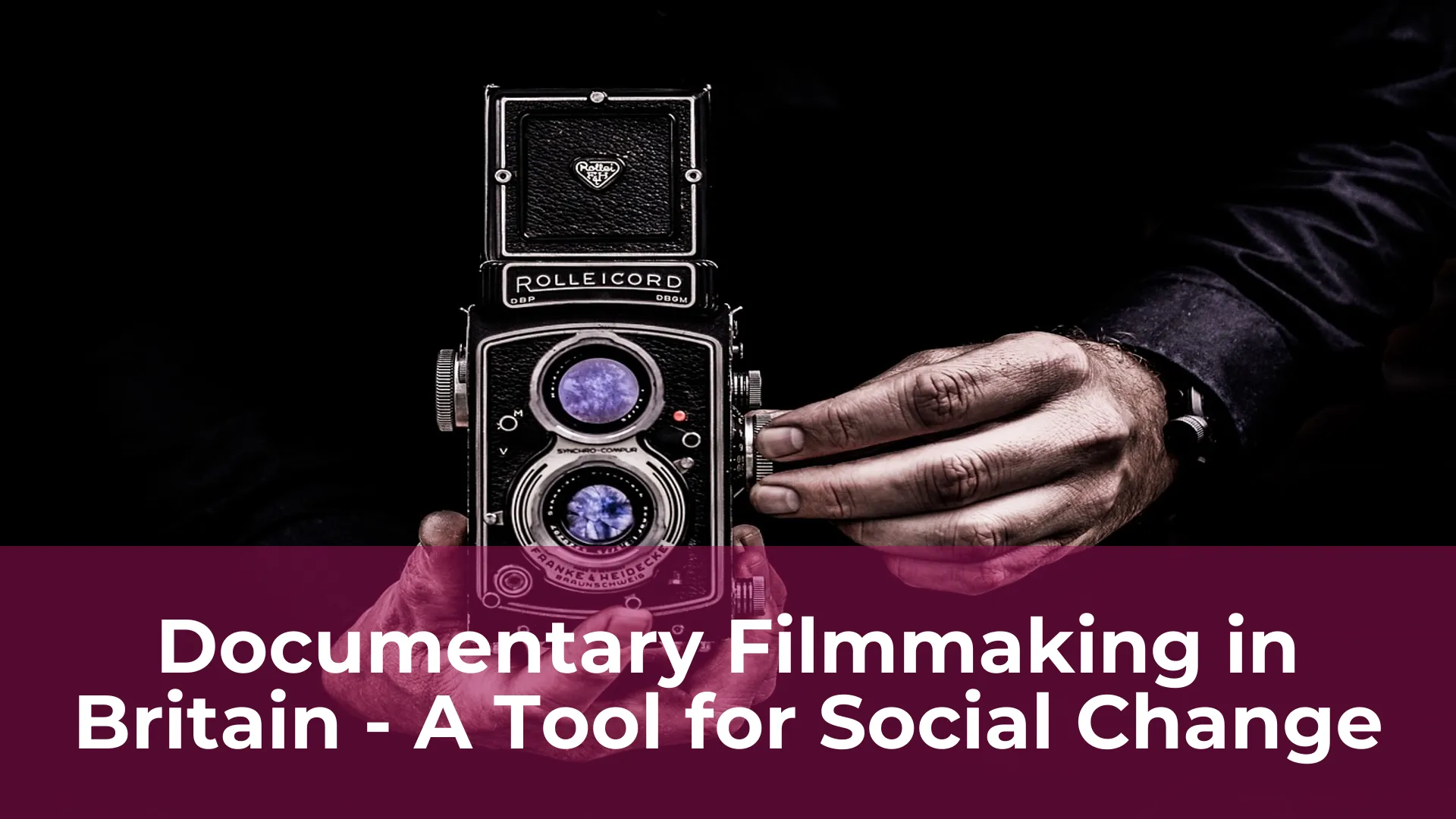Documentary filmmaking in Britain has a long history of being a powerful tool for social change. From the groundbreaking work of John Grierson in the 1930s to the recent surge of documentaries exploring issues such as immigration, poverty, and inequality, British filmmakers have used the medium to shed light on important issues and ignite conversations about change.
One of the key strengths of documentary filmmaking is its ability to bring marginalized voices and stories to the forefront. Through intimate and often raw storytelling, documentarians can offer a perspective that may not be covered in mainstream news or media. This can be particularly important for issues that affect specific communities or groups, such as the struggles of refugees or the impact of austerity on low-income families.
Moreover, documentary filmmaking can be a catalyst for action and social change. By exposing injustices and systemic problems, documentaries can inspire viewers to take action, whether through community organizing, advocacy, or simply changing their own attitudes and behaviors. Documentary filmmakers have the unique ability to not only inform, but also motivate and empower audiences to make a difference in their own communities and beyond.
The Power of Documentary Films in Britain
Documentary films have the power to educate, inform, and entertain audiences worldwide. In Britain, these films have become increasingly popular and have played a significant role in shaping public opinion. From hard-hitting exposés to heart-warming stories of personal triumph, documentary films have the ability to tell important stories in a way that captures the attention of viewers and sparks meaningful conversations.
One of the reasons why documentary films have become so popular in Britain is their ability to shine a light on important social and political issues. Many of these films tackle controversial topics such as climate change, inequality, and human rights abuses. By presenting the facts in a compelling and accessible way, documentary filmmakers are able to raise awareness about these issues and encourage viewers to take action.
Moreover, documentary films have the power to bring marginalized voices to the forefront and provide a platform for people who are often ignored by mainstream media. This can include individuals from diverse backgrounds, people living in poverty, and those who have experienced discrimination or other social injustices. Through documentary films, these individuals are able to share their stories and experiences with a wider audience, which can lead to greater understanding and empathy.
Documentary Filmmaking as a Platform for Social Commentary
Documentary filmmaking is an incredibly powerful tool for social commentary. Through the medium of film, documentarians can bring attention to important social and political issues, and give a voice to those who may otherwise be unheard. These films can be incredibly impactful, providing the public with a deeper understanding of complex issues and sparking meaningful conversations about how we can work together to create positive change.
Documentary filmmakers have the unique ability to immerse viewers in the stories they tell, providing a deeper understanding of the people and issues at the heart of their films. Whether exploring the experiences of marginalized communities, shedding light on environmental issues, or investigating political corruption, documentaries have the power to inspire audiences and create real change. By showing us the world through a different lens, documentary filmmakers can motivate us to think critically about the world around us and take action to make it a better place.

